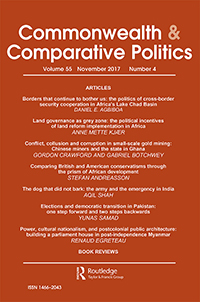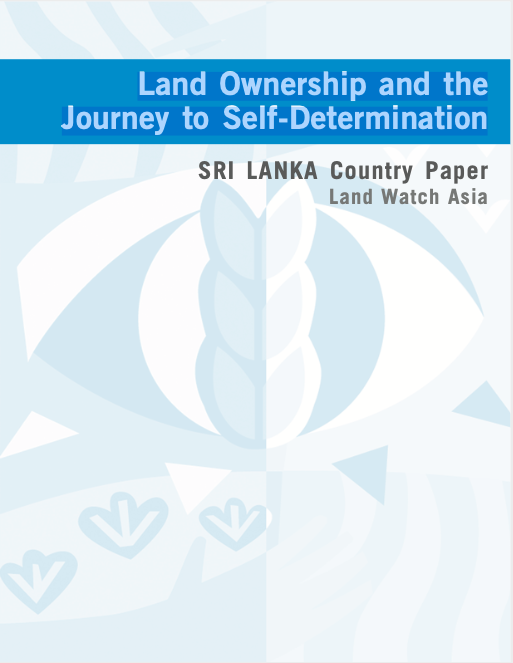Policy Challenges 2019-2024|Regulations and Resources
An estimated 7.7 million people in India are affected by conflict over 2.5 million hectares of land, threatening investments worth $ 200 billion.1 Land disputes clog all levels of courts in India, and account for the largest set of cases in terms of both absolute numbers and judicial pendency.











